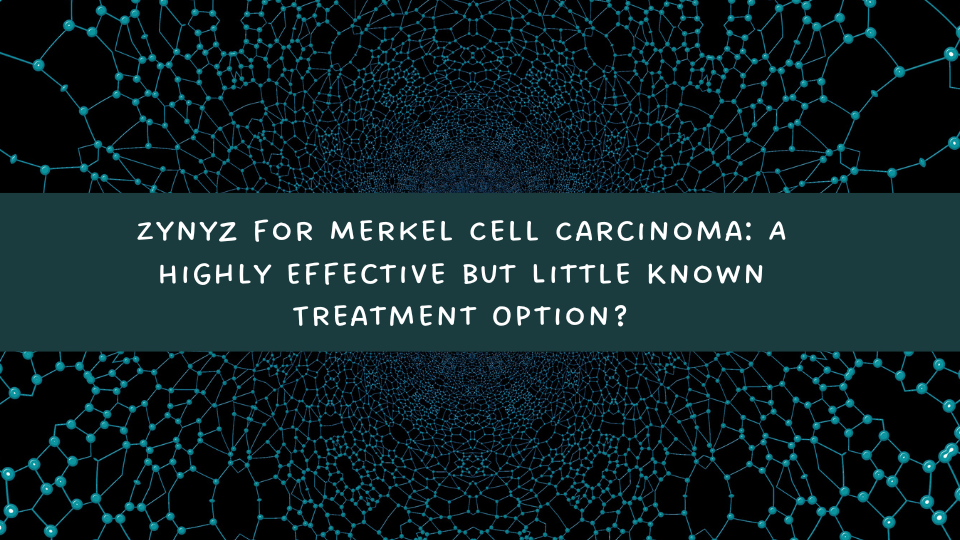Merkel Cell Carcinoma (MCC) is a rare and aggressive form of skin cancer that can be challenging to treat. Until recently, treatment options were limited, but with the advent of immunotherapy, new therapies have emerged. Zynyz (retifanlimab-dlwr) is one such therapy, and it has shown promise in the treatment of metastatic or recurrent locally advanced MCC.
Zynyz is a programmed death receptor-1 (PD-1)-blocking antibody that helps the immune system to fight cancer cells more effectively. It is administered as an intravenous infusion over 30 minutes every four weeks. The drug has been approved by the FDA for the treatment of adult patients with metastatic or recurrent locally advanced Merkel cell carcinoma. However, its approval is based on tumor response rate and duration of response, and its continued approval may be contingent upon verification and description of clinical benefit in confirmatory trials.
ZoomRx conducted a survey with 30 Oncologists to gauge their first impression and experience with Zynyz. Of the 30 Oncologists surveyed, only 7 were aware of the drug, and only 2 expressed a high likelihood of using it.
Some of the Oncologists who were aware of Zynyz believed that it could be a useful second or third line medication if immune therapy does not work. Others were impressed with the drug's limited side effect profile and good efficacy data, which showed improved duration of response and overall response rates. However, some remained conservative in their approach, stating that they needed more information before using the drug.
“I'm not fully aware of the data yet so will remain conservative until I know.”
“The market is already saturated.”
“I have not used it, but it seems like it might be useful as a second or third line medication if immune therapy does not work. “
In conclusion, Zynyz represents a new hope for Merkel cell carcinoma patients who have limited treatment options. Its efficacy data and safety profile are encouraging, and it has shown promise in the treatment of metastatic or recurrent locally advanced MCC. However, more studies are needed to confirm its clinical benefits fully. We hope that as more Oncologists become aware of this drug, it will become a viable treatment option for patients who are battling this aggressive form of skin cancer.


